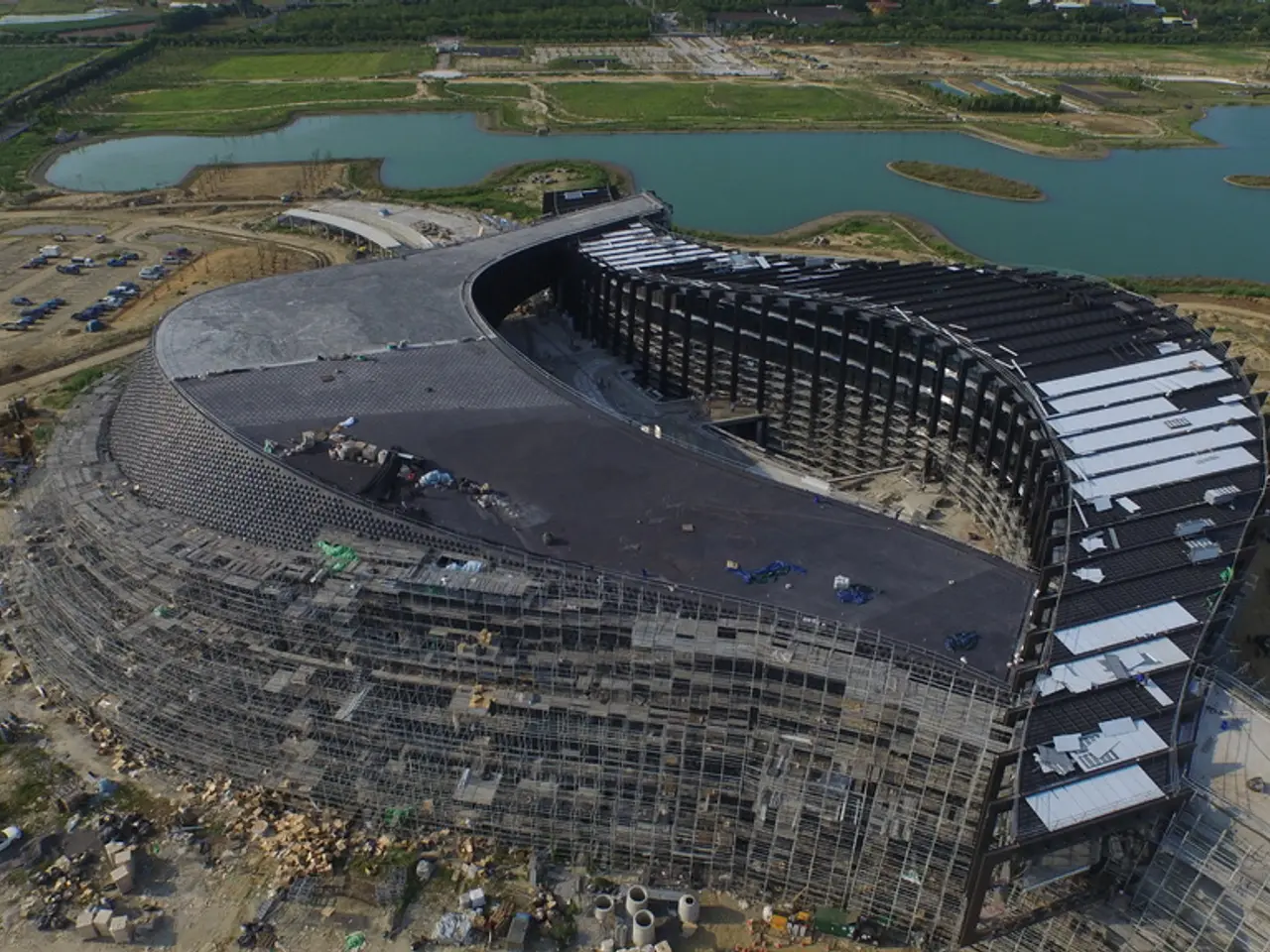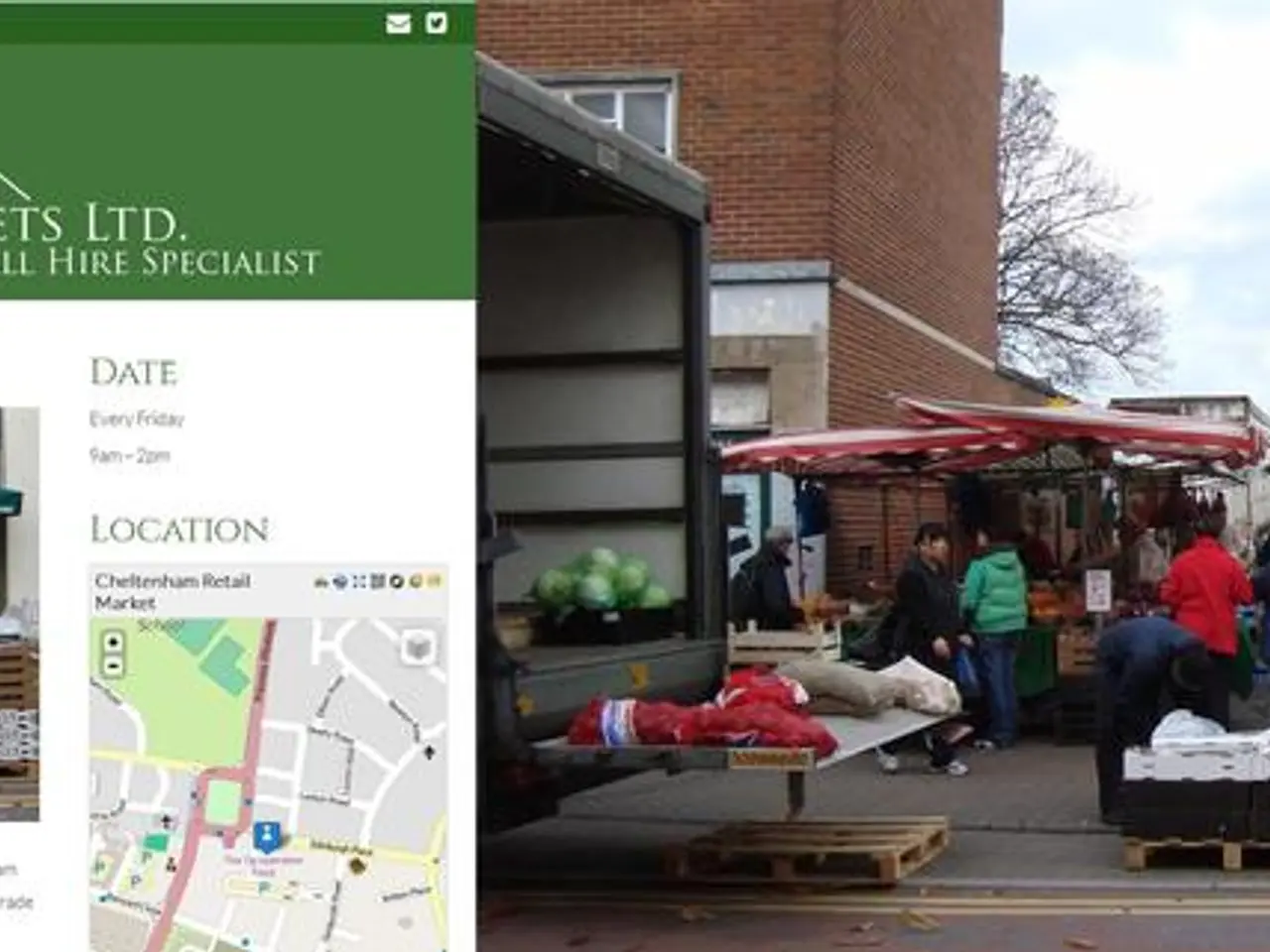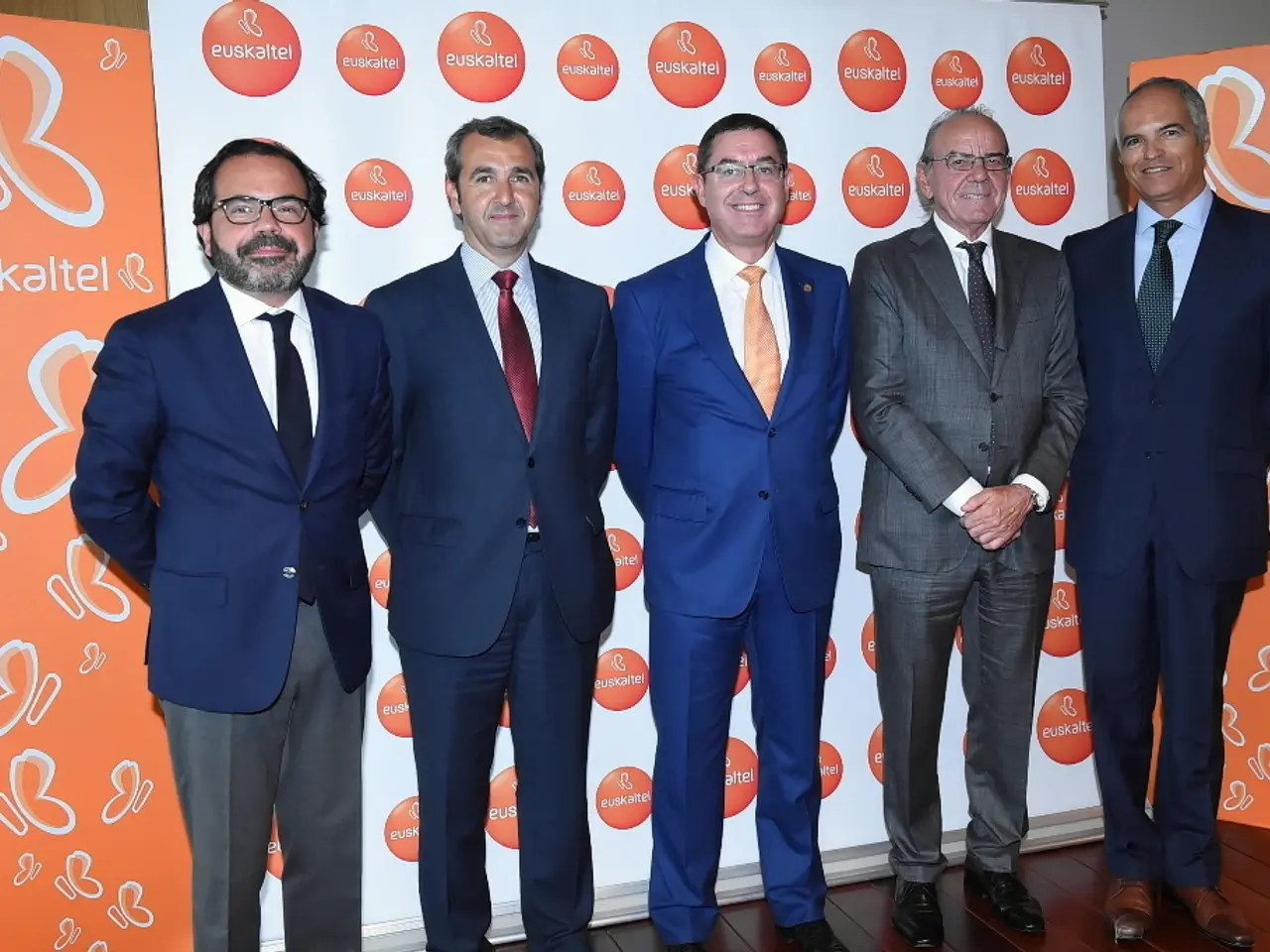Automotive giant Volkswagen ponders over implementing a four-day work week.
## Volkswagen's Wolfsburg Plant Transitions to Electric Future
Volkswagen's iconic Wolfsburg plant in Germany, traditionally associated with the production of the Golf model, is set for a major transformation as the Golf is scheduled to be moved out of the facility by 2027.
### Current and Near-Term Production (2025–2027)
The Golf remains central to Wolfsburg's production through 2026–2027, with the latest eighth-generation model, known as the Golf Style, currently being assembled. This version emphasises a renewed focus on efficiency, technology, and quality.
In addition, Volkswagen is investing heavily in the development of electric vehicles. While the Wolfsburg plant has not yet been confirmed for the ID.1, the company's next-generation compact electric car, this model is set to launch in 2027 and is likely to play a significant role in Wolfsburg's future production.
### Post-2027 Transition
With the Golf moving to another location, Volkswagen plans to transition Wolfsburg to electric vehicle production. The ID.1, a compact electric car featuring Rivian technology, is expected to be the first of many electric vehicles produced at Wolfsburg. Rivian, a US startup, is a major technological partner, and their collaboration is linked to milestone-driven investments from Volkswagen.
Volkswagen is also advancing battery technology, partnering with QuantumScape on solid-state batteries. These batteries could eventually be integrated into vehicles produced at Wolfsburg once they are scaled for mass production, aligning with broader industry trends and Volkswagen Group’s electrification strategy.
Other models, such as the ID.3 and Cupra Born, are expected to be produced in Wolfsburg alongside the Tiguan and the Taron.
### Strategic Perspective
Wolfsburg's future is closely tied to Volkswagen's electrification goals. The end of Golf production at this site marks the end of an era, but it opens the door for Wolfsburg to become a hub for next-generation electric vehicles, particularly compact and potentially mid-sized EVs featuring advanced technology from partnerships such as Rivian and QuantumScape.
The exact model lineup beyond the ID.1 has not been detailed publicly, but a full transition to electric mobility is clearly underway. Two of the four assembly lines in the main plant will be rebuilt for the new group-wide electric platform (SSP), considered the backbone of Volkswagen's E-offensive.
The works council chairwoman, Daniela Cavallo, addressed the plant's transformation at a works meeting on June 3. Cavallo expects that the Wolfsburg plant could be underutilised for years after the rebuild starting in 2027, and she has suggested a four-day work week could be a possibility. Cavallo believes that as many overtime shifts as possible should be worked now to ensure employees can benefit from them by 2027.
The potential departure of the VW Golf from Wolfsburg is causing concern among employees, and media reports suggest that the news of potential underutilisation of the Wolfsburg plant might not be well received by employees. The collective agreements are designed to minimise net losses for employees during the transition phase.
In conclusion, Volkswagen is undergoing significant changes, with its Wolfsburg plant set to become an electric hub, beginning with the ID.1 compact EV featuring Rivian technology in 2027. This transition is part of a broader corporate shift to electrification, supported by partnerships in advanced battery and vehicle technology. Wolfsburg will remain a central pillar in Volkswagen’s global manufacturing network, but its future output will be defined by electric, not internal combustion, vehicles.
- The ID.1, Volkswagen's next-generation compact electric car, is expected to be produced at Wolfsburg, signifying the Wolfsburg plant's transition from the automotive industry to a hub for electric vehicle production, which aligns with Volkswagen Group’s electrification strategy in the finance sector.
- As Volkswagen advances in battery technology, partnering with QuantumScape on solid-state batteries, these batteries could be integrated into vehicles produced at Wolfsburg once they are scaled for mass production, following broader industry trends in the transportation sector.




